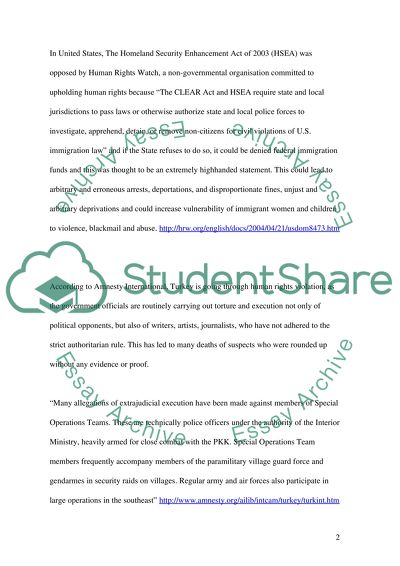Cite this document
(Human Rights And Cases Of Its Violations Annotated Bibliography, n.d.)
Human Rights And Cases Of Its Violations Annotated Bibliography. Retrieved from https://studentshare.org/law/1517482-protection-of-human-rights-essay
Human Rights And Cases Of Its Violations Annotated Bibliography. Retrieved from https://studentshare.org/law/1517482-protection-of-human-rights-essay
(Human Rights And Cases Of Its Violations Annotated Bibliography)
Human Rights And Cases Of Its Violations Annotated Bibliography. https://studentshare.org/law/1517482-protection-of-human-rights-essay.
Human Rights And Cases Of Its Violations Annotated Bibliography. https://studentshare.org/law/1517482-protection-of-human-rights-essay.
“Human Rights And Cases Of Its Violations Annotated Bibliography”, n.d. https://studentshare.org/law/1517482-protection-of-human-rights-essay.


